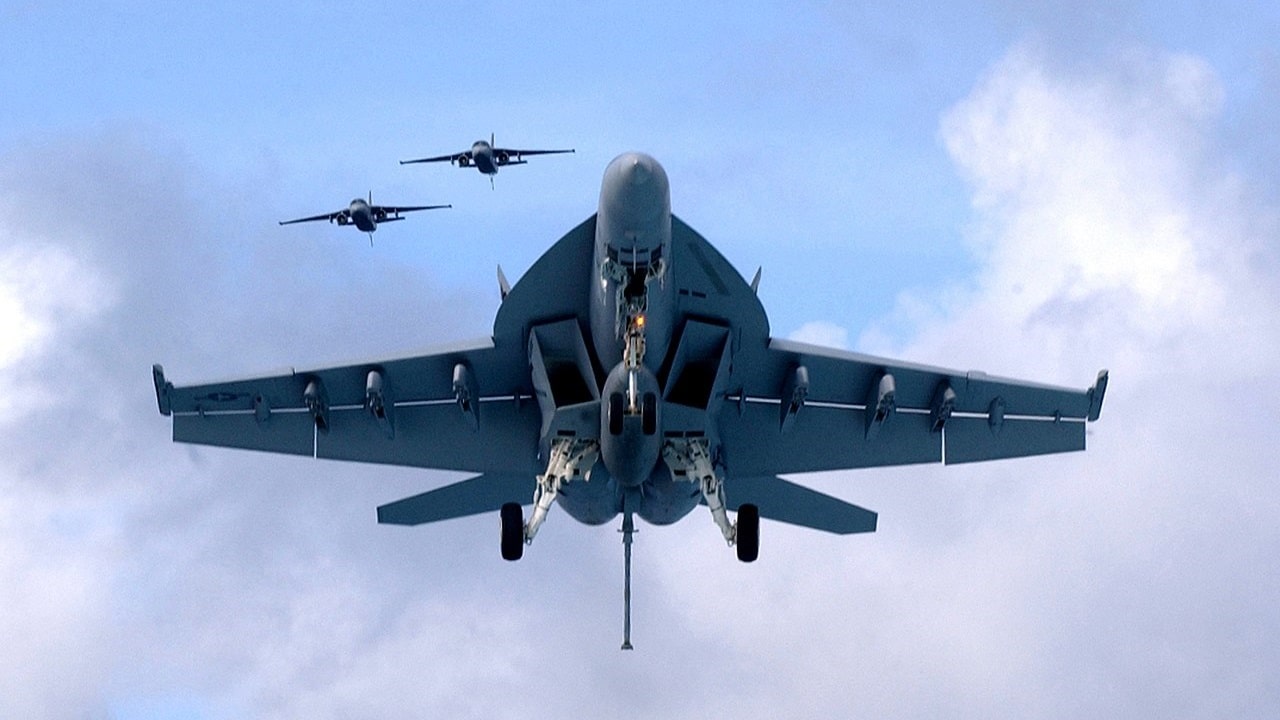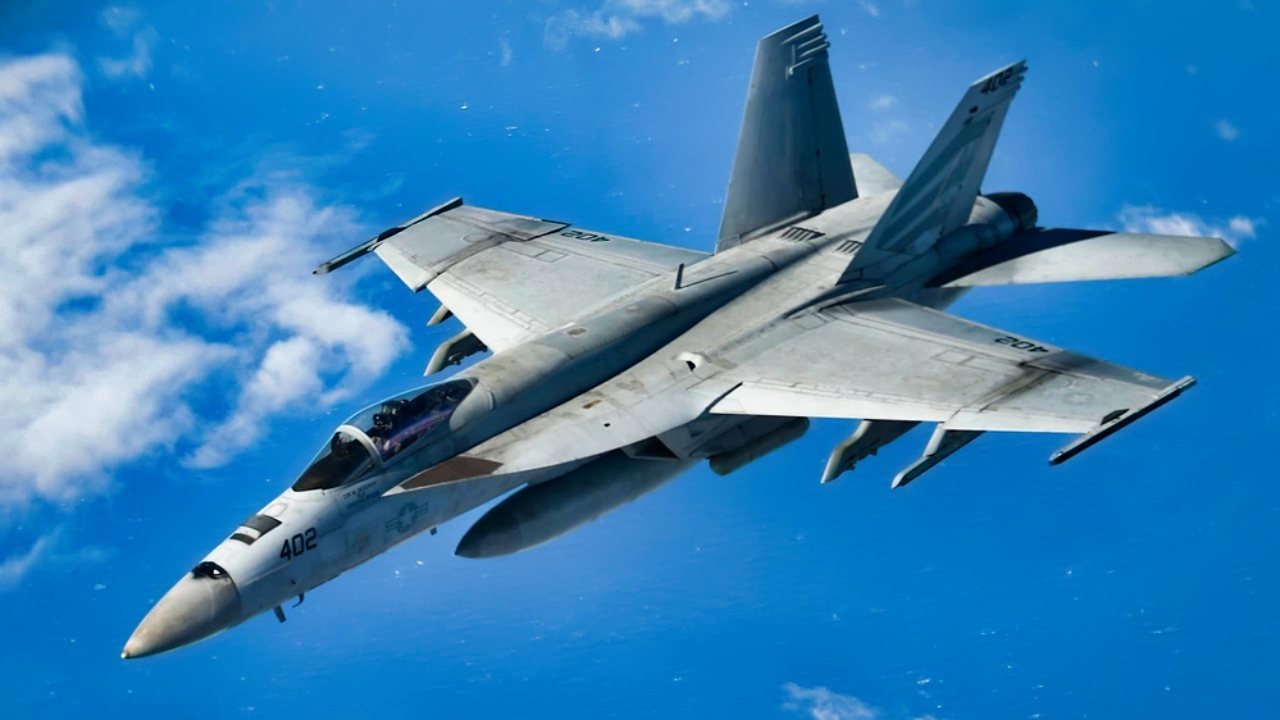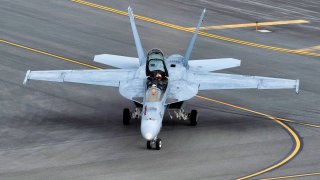Boeing F/A-18 Hornet Fighters are Now Training in Russia's 'Backyard'
This summer, Finnish and Spanish F/A-18 Hornets are taking part in NATO's air policing missions over Romania. Finland deployed seven Hornets in June for their first NATO mission since joining the alliance, operating alongside the Royal Air Force and Romanian Air Force.
Summary and Key Points: This summer, Finnish and Spanish F/A-18 Hornets are taking part in NATO's air policing missions over Romania. Finland deployed seven Hornets in June for their first NATO mission since joining the alliance, operating alongside the Royal Air Force and Romanian Air Force.

-As Finland's deployment ended, Spain sent eight F/A-18+ Hornets to continue the mission, reflecting NATO's ongoing efforts to secure its southern flank in the Black Sea region.
The F/A-18 Is Getting Closer to Russia These Days
The Boeing F/A-18 Hornet is a familiar sight over the skies of the Black Sea. This summer Hornets will continue to operate from Mihail Kogalniceanu Air Base, Romania, although the national insignia on the aircraft will change.
In early June, seven Finnish Air Force Hornets were deployed on the first NATO Air Policing and Air Shielding mission in Romania since the Nordic nation joined the international alliance last year.
According to NATO, the "deployment was carried out in three rotations and involved over 250 personnel from all Finnish Air Force units." The staged deployments allowed the Finnish personnel to gain as much experience as possible, "operating under the direction of NATO's military command structure."
The Finnish personnel completed their rotation and returned home on July 29, 2024.
"The operation was interesting and rewarding. We will take home a lot of lessons learned about participating in a NATO mission and operating in a new environment." said Maj. Toni Vanhatalo, commander of the third rotation of the Finnish Air Force detachment. "Being under the direction of NATO's command structure required some minor changes in the planning of flight operations, but we adapted well, and also gained some lessons for developing our operations at home. Cooperation with Allies was smooth and continuous training activity improved our capabilities."
During their deployment to NATO's southern flank, the Finnish Air Force F/A-18 Hornets operated alongside Royal Air Force Eurofighter Typhoons and took part in exercise Ramstein Legacy 24 in Romania and Bulgaria. They flew with Romanian Air Force F-16 Fighting Falcons to perform escort drills with U.S. Air Force B-52 Stratofortress bombers deployed to the region.
Spanish Hornets Have Arrived
On Tuesday, just days after the Finnish F/A-18s departed from Romania, eight F/A-18+ Hornets from Spain landed in Romania to begin a four-month deployment. A total of 150 Spanish Air Force personnel – including pilots, maintainers, and technical staff – deployed to Romania as part of NATO's Black Sea Air Policing mission.
Designated the C-15 in Spanish service, these F/A-18s date to the 1980s but have received significant service life upgrades that extended their operational lifespan and capabilities. The Spanish Air Force's Hornets were previously used in NATO missions in Kosovo in 1999, as well as during 2011's Operation Unified Protector to enforce UN Security Council resolutions during the Libyan Civil War.

In 2022, Madrid announced it would phase out its C-15 fleet, replacing those fighters with the Eurofighter Typhoon. Several of the modern combat aircraft have already entered service. The Spanish Air Force deployed five Eurofighter Typhoons, along with a 60-person team, to the same Romanian air base earlier this year.
Author Experience and Expertise: Peter Suciu
Peter Suciu is a Michigan-based writer. He has contributed to more than four dozen magazines, newspapers, and websites with over 3,200 published pieces over a twenty-year career in journalism. He regularly writes about military hardware, firearms history, cybersecurity, politics, and international affairs. Peter is also a Contributing Writer for Forbes and Clearance Jobs. You can follow him on Twitter: @PeterSuciu. You can email the author: [email protected].


